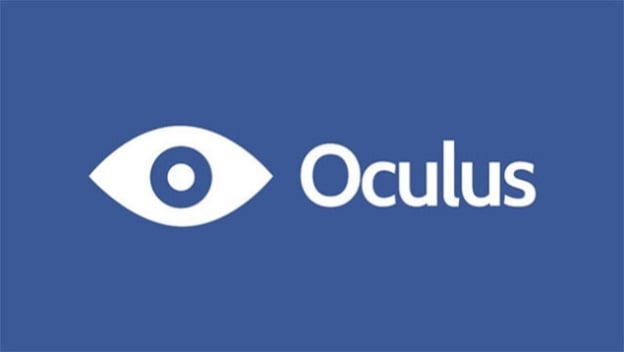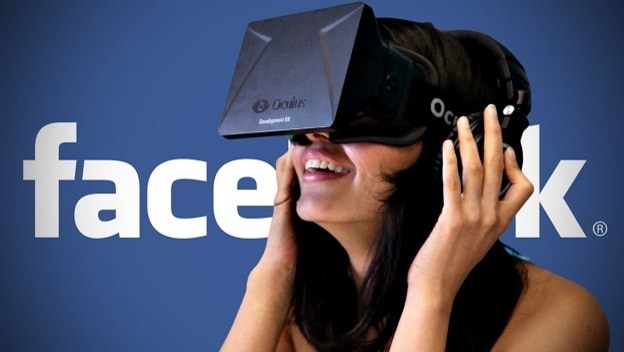We all should be hitting the “Like” button right now.
People have been up in arms over the last month or so regarding the buyout of the Oculus Rift by Mark Zuckerberg and Facebook. The project, which started out as a crowd-funded campaigned, garnered a hefty 2 billion dollars after all was said and done. Unfortunately, some who supported the project from the very beginning saw this as a slap in the face, even going so far as to cancel their pre-orders. Me, I’m not as pessimistic. I’ve not weighed in on the controversy just yet, as I wanted to see how this all shook out. After all, there is always a behind the scenes element to deals like this, some that the public is not immediately privy to.
And this looks to be the case, as we now learn from Oculus founder Palmer Luckey himself.
In a recent interview, Luckey teased several big things on the horizon that will make the Facebook acquisition make perfect sense in people’s minds. He touts that all worries will be laid to rest within the next year, admitting that he too would have been skeptical if he didn’t know what he knows. “Knowing behind the scenes what’s going on and what we need money to do and what we’re going to be able to do with this deal, I know for myself that it’s the best that we could possibly do. So if people give us some time, I think they’ll agree with us. A year from now, everyone–I think even a lot of the doubters, will look and say ‘You know what, they really did make the best choice” he says.
He also touches on the recently announced Morpheus by Sony, who some see as a threat to their market share. Luckey doesn’t think so, stating, “I think Morpheus is less competitive because it’s for PlayStation 4. They’re trying to sell to their people and we’re trying to sell to PC gamers and maybe mobile later on as it gets more powerful. Even if we were competing, I just think we have the best technology and the best team. But I am really excited that they’re doing a pretty good job.”
So what’s the verdict? Was the Facebook buy-out a good or bad thing for the future of the Oculus?
I can’t say it was a good thing…because it was a GREAT thing! Now, I understand where many are coming from in regards to fears that corporate influence will kill the grass-roots nature of this project. The Oculus was, if nothing else, a labor of love. Many feel that this kind of passion simply can’t survive when the opinions of a Fortune 500 company starts trickling down into the creative process. However, I don’t exactly see it that way. I’ve always loved the Oculus Rift concept, and simply can’t wait to finally get my hands on it. The good news is, with a 2 billion dollar cash infusion that resulted from the sale, the development team can actually start building propriety hardware (instead of just throwing together a mishmash of parts acquired from old smartphones or leftover motherboards). And that’s just one example. Another point people fail to consider is that it was always going to require a parent company to take Oculus to the next level. Morpheus gained instant legitimacy due to it being a Sony branded product. Now, with a company like Facebook backing it, we’re already seeing the Rift’s public profile on the rise.

I do admit, the melding of PC hardware with a social media giant does seem a bit weird at first. When I think Facebook, the last thing that comes to mind is gaming (and those annoying mini-games I keep getting “invited” to don’t count). That’s not to say things can’t change. Nintendo (who used to be in the playing card business) stepped outside their comfort zone by gambling on the NES, and look how that turned out. I’m sure many thought they were just as crazy at the time.
Only time will tell if this was truly the right move for the Oculus Rift. We’ll see if Palmer Luckey was right, one year from now.
